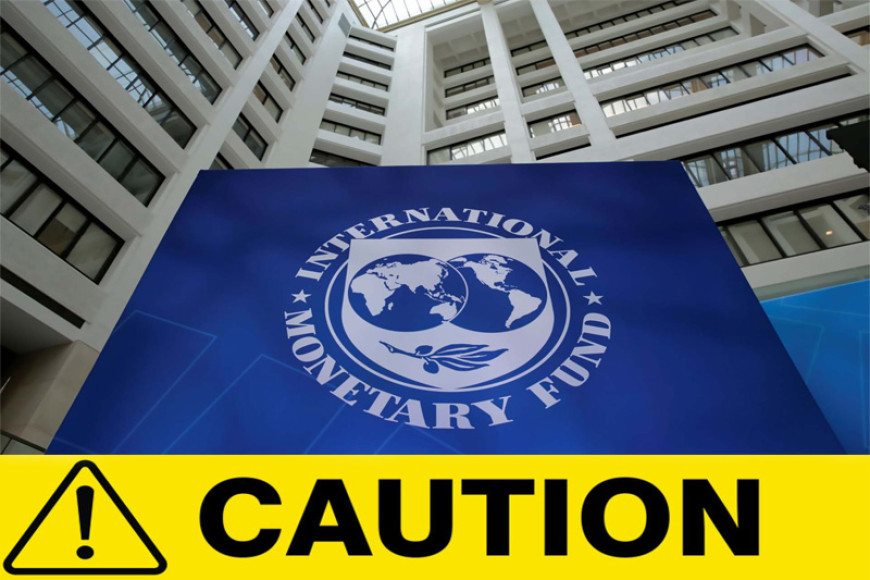By Rohana Jith
The International Monetary Fund (IMF) has issued a warning that policy missteps could endanger Sri Lanka's path to economic recovery. Following a visit to Sri Lanka, IMF staff noted that the economic reforms by Sri Lankan authorities have fostered recovery with three consecutive quarters of real GDP growth, low inflation, increased revenue collection, and a build-up of external reserves. The IMF emphasized the need for decisive progress on the reform agenda to ensure a stable and broad-based economic recovery benefiting all Sri Lankans.
Sri Lanka’s economic reforms have yielded commendable results. The nation has seen three consecutive quarters of real GDP growth, with the first quarter of 2024 marking a 5.3 percent year-on-year growth. Inflation has remained below the Central Bank of Sri Lanka’s (CBSL) 5 percent target, and domestic borrowing rates have declined. Additionally, gross international reserves have increased by $1.2 billion, reaching $5.6 billion in the first half of 2024, alongside higher fiscal revenue collections. These improvements are expected to translate into better living conditions for the population.
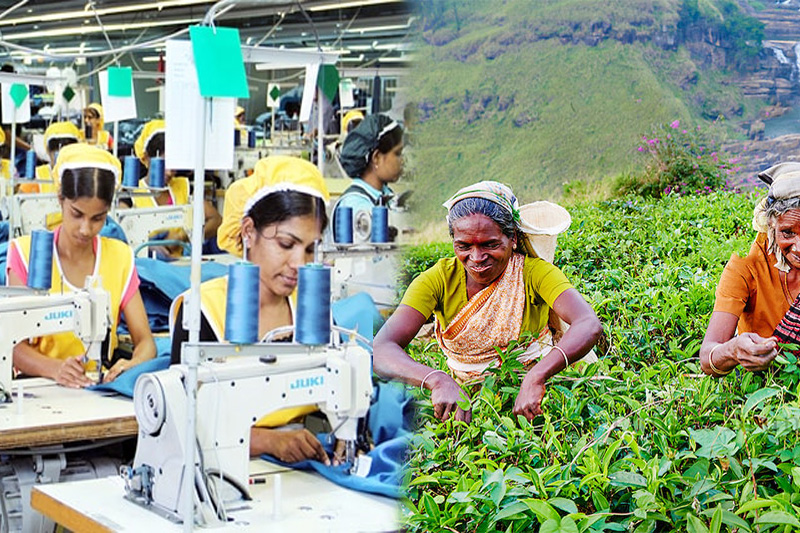
Maintaining macroeconomic stability and restoring debt sustainability will require further efforts to increase fiscal revenues. The 2025 Budget must include appropriate revenue measures and continued spending restraint to meet the medium-term primary balance objective of 2.3 percent of GDP, a key requirement for debt sustainability. The planned relaxation of import restrictions on motor vehicles is expected to support revenue mobilization in 2025.Tax administration reforms, such as establishing a proper VAT refund system for exporters by April 2025, could improve compliance. Any measure that erodes the fiscal position must be offset by high-quality compensating measures.
The main opposition party, Samagi Jana Balawegaya (SJB), has expressed opposition to the government’s tax-based measures aimed at stabilizing the economy in the short term. SJB MP Dr. Harsha de Silva criticized the government for agreeing to severe tax measures with the IMF, which have caused significant hardships for the public. The SJB plans to present a roadmap to alleviate these hardships after the Presidential election, proposing amendments to the IMF agreements and a medium to long-term plan to grow revenue and reduce prices.
Dr. de Silva acknowledged that while inflation has decreased, price pressures and high taxes continue to burden the population. Despite their criticisms, the SJB has supported certain government economic policies, such as the State Monetary Bill.
SJB MP Kabir Hashim highlighted that 7 million out of Sri Lanka’s 22 million people struggle to meet their daily food and nutritional needs. He urged the government to control the prices of essential items like rice and eggs to ensure affordability and health. Hashim also emphasized the need to break the control of monopolistic groups in the market and focus on building an export-centric economy, overcoming regulatory challenges to boost productivity and compete globally, like Vietnam.
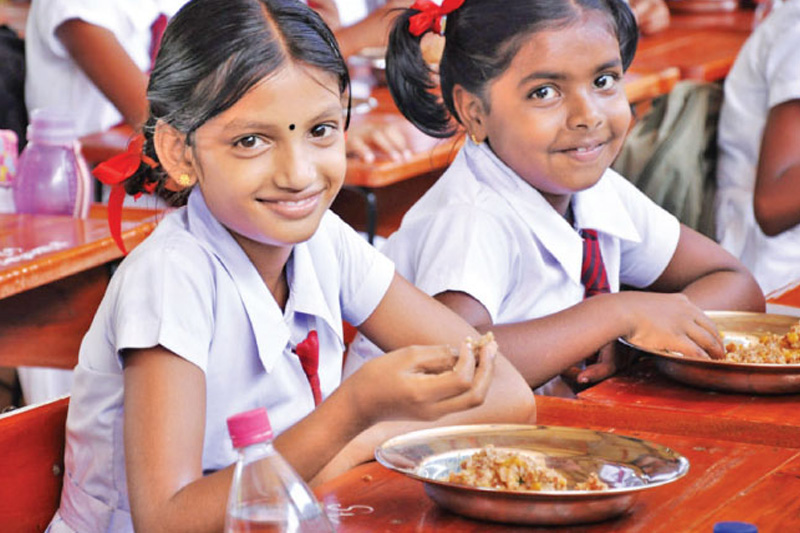
The CBSL has resumed its monetary easing cycle by reducing its policy rates to support economic recovery. At its fourth review meeting of 2024, the Monetary Board decided to cut the Standing Deposit Facility Rate (SDFR) to 8.25% and the Standing Lending Facility Rate (SLFR) to 9.25%. This decision followed a careful assessment of current and expected macroeconomic developments and potential risks. The goal is to maintain inflation at the targeted level of 5% over the medium term while enabling the economy to reach its full capacity.
Central Bank Governor Dr. Nandalal Weerasinghe expressed confidence that lowering interest rates would expedite economic revival, noting credit expansion over recent months. The Board’s decision aims to continue the eased monetary policy stance, further reducing market lending rates to support economic activity amidst a benign inflation outlook.
Headline inflation, measured by the year-on-year change in the Colombo Consumer Price Index (CCPI), stood at 1.7% in June 2024, driven by downward revisions to electricity tariffs, fuel, and LP gas prices, as well as weak demand conditions. Core inflation was recorded at 4.4% in June, up from 3.5% in May, but sustained acceleration is not anticipated.
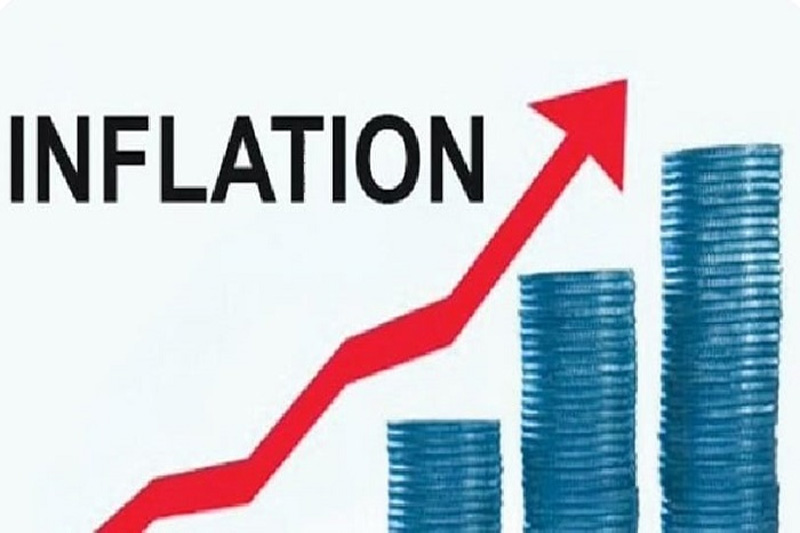
Dr. Weerasinghe highlighted the significant drop in inflation from 70% in September 2022 to 1.7% in June 2024, expressing optimism that maintaining current inflation levels would bolster economic revival efforts. He noted that the inflation-targeted framework is best for the country, expecting it to positively impact the economy.
Projections suggest that headline inflation will remain below target in the coming months due to the combined impact of downward adjustments to electricity tariffs, domestic fuel prices, and a favorable statistical base. While some upside risks remain, inflation is expected to align with the target level over the medium term, supported by appropriate policy measures.
The economy expanded for the third consecutive quarter in Q1 2024, with a 5.3% year-on-year real growth, according to the Department of Census and Statistics (DCS). Economic indicators suggest robust real GDP growth in Q2 2024 as well. The rebound in domestic economic activity is expected to continue, driven by relaxed monetary policy, improved supply conditions, a gradual rebound in external demand, revival of tourism, and reduced uncertainties surrounding debt restructuring. The economy, currently operating below its full capacity, is forecast to reach its potential over the medium term.
In line with CBSL’s eased monetary policy stance, market interest rates have continued to adjust downwards, although adjustments in lending interest rates, particularly for non-prime lending, have been slower than those for deposit interest rates. After a contraction in April 2024, credit extended to the private sector by Licensed Commercial Banks (LCBs) expanded in May and June 2024. Sustained credit growth will require further declines in market lending interest rates in line with the accommodative monetary policy stance.
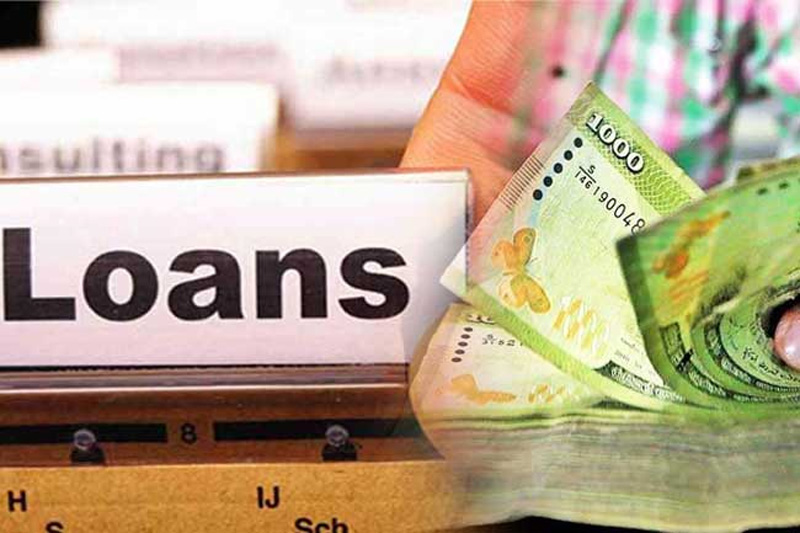
Despite a likely surplus in the external current account in the first half of the year, the cumulative merchandise trade deficit widened compared to the same period in 2023. Earnings from tourism and workers’ remittances remained promising, with Gross Official Reserves (GOR) reaching $5.6 billion (including the swap with the People’s Bank of China) by the end of June 2024, compared to $4.4 billion at the end of 2023. “


